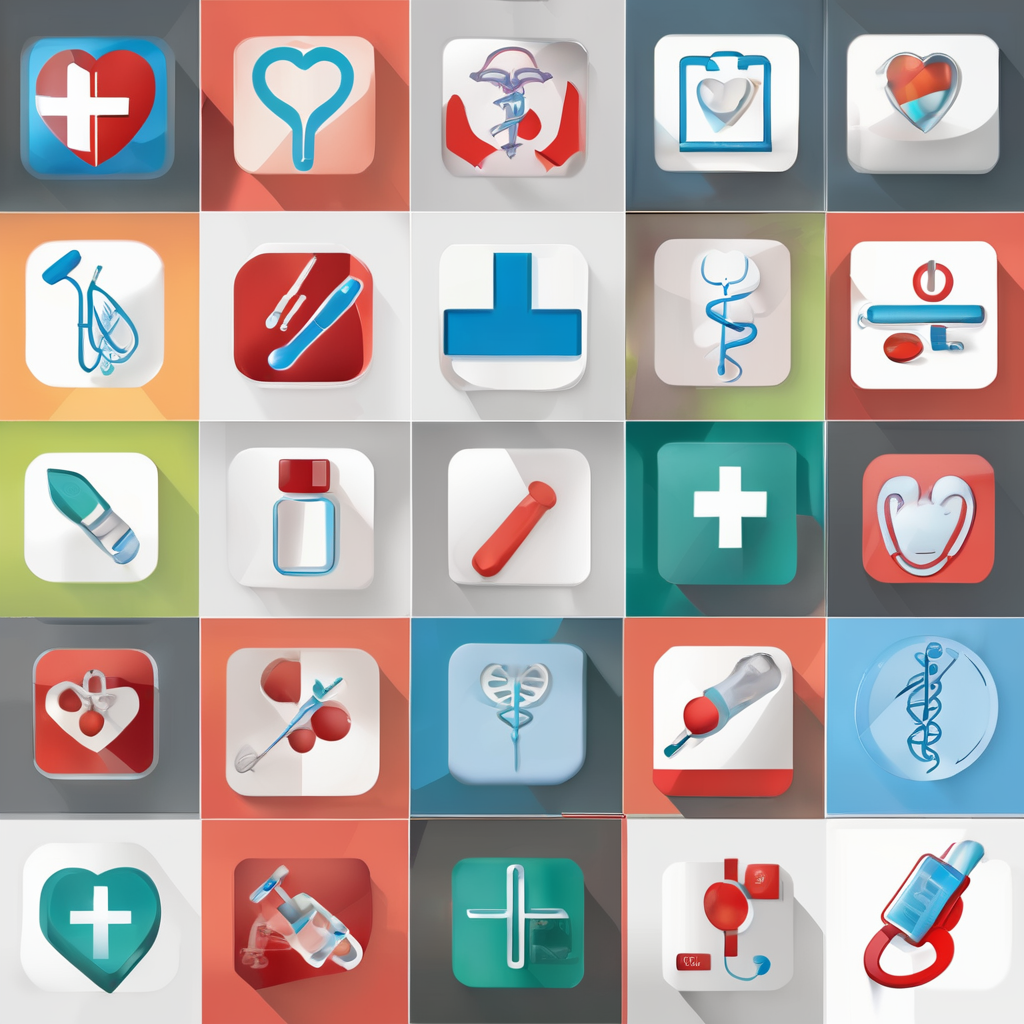Understanding Prenatal Care for Women Over 40
The journey of pregnancy for women over 40 presents unique challenges and opportunities that emphasize the importance of tailored prenatal care. As age-related risks increase, expectant mothers may encounter conditions such as gestational diabetes or hypertension. Therefore, specialized care becomes essential to manage these considerations effectively.
Prenatal care for this demographic should prioritize routine screenings and personalized healthcare strategies. These strategies often include more frequent check-ups to closely monitor the health of both mother and child. Engaging with healthcare professionals who are familiar with the specific needs of older expectant mothers can provide reassuring and competent support.
Additional reading : Thriving in Later Pregnancy: Key Changes in UK Health Recommendations for Expectant Mothers Over 40
Benefits of such specialized care extend beyond merely addressing risks. It empowers women with the knowledge and confidence necessary to navigate a healthy pregnancy. Additionally, understanding the age-related risks can help mothers make informed choices, ensuring optimal health outcomes.
To augment these efforts, comprehensive pregnancy support can include educational sessions about lifestyle adjustments and nutrition. Joining support groups and connecting with other mothers of similar age can also help alleviate stress and anxiety, fostering a positive prenatal experience.
Also to see : Screen Time Management for Expecting Mothers in the UK: Expert Tips to Reduce Exposure
Nutritional Needs During Pregnancy
Ensuring optimal pregnancy nutrition is a critical aspect of maintaining health for expectant mothers over 40. As older mothers face unique physiological demands, focusing on healthy eating becomes paramount. A balanced diet rich in vital nutrients can significantly influence both maternal and fetal well-being.
Essential nutrients play a crucial role during this time. For instance, folic acid is indispensable in preventing neural tube defects, while iron supports increased blood volume and prevents anemia. Calcium is necessary for fetal bone development, and vitamin D facilitates calcium absorption. Omega-3 fatty acids, primarily found in fish, are important for fetal brain development.
Dietary supplements can further support older pregnant women who may find it challenging to obtain adequate nutrients through diet alone. It is important to consult healthcare professionals to tailor supplements according to individual needs, ensuring safe dosage and compatibility with their health status.
Creating a balanced meal plan is essential for supporting pregnancy health. Incorporate a variety of fruits, vegetables, lean proteins, whole grains, and healthy fats to meet diverse nutritional needs. Additionally, staying hydrated and moderating caffeine intake contribute to overall well-being during pregnancy, promoting a healthier journey for both mother and child.
Emotional and Mental Health Considerations
During pregnancy, emotional well-being and mental health are crucial aspects, especially for expectant mothers over 40. Addressing anxiety and stress is essential to maintain a healthy mindset. Pregnancy, while a joyous occasion, can be overwhelming, with increased responsibilities and uncertainties. Therefore, managing stress is a significant focus area.
Numerous support systems exist to aid mental health, ranging from prenatal yoga classes promoting relaxation and mental clarity to mindfulness techniques fostering positive mental health. These practices help reduce anxiety levels, offering a tranquil space for both mothers and their developing babies.
Engaging in pregnancy support groups can be particularly beneficial. These groups provide a platform to share experiences, receive encouragement, and build connections with others undergoing similar experiences. This sense of community can alleviate feelings of isolation and enhance emotional support.
Furthermore, accessing resources for counselling and emotional support ensures professional guidance is available. Healthcare providers can recommend therapy options or mental health professionals specializing in prenatal care, offering tailored approaches to each individual’s emotional and mental health needs. Early intervention and continued support pave the way for a healthier journey through pregnancy.
Healthcare Services and Prenatal Testing
Navigating healthcare services and prenatal testing is pivotal for expectant mothers over 40. Comprehensive maternity care ensures both mother and child’s well-being is closely monitored, considering potential age-related risks.
Types of Prenatal Tests
Prenatal tests are designed to assess the health of both mother and fetus. Commonly performed tests include ultrasounds, blood tests, and amniocentesis. Advanced options, such as non-invasive prenatal testing (NIPT), offer insight into genetic conditions with minimal risk. Discussing options with healthcare professionals ensures the right tests align with individual needs.
Choosing the Right Healthcare Provider
Selecting a competent healthcare provider is crucial. Ensure they offer specialized care for older mothers, understanding unique challenges and providing tailored advice. Evaluating providers based on qualifications, experience, and patient reviews helps in making an informed choice.
Maternity Care Options Available in the UK
In the UK, expectant mothers over 40 can access diverse maternity care options. NHS services offer standard care, while private clinics may provide additional prenatal testing options and customized plans. Evaluate regular check-up provisions and advanced testing availability when choosing suitable maternity care.
Success Stories and Testimonials
When navigating the journey of pregnancy after 40, real-life success stories offer valuable inspiration. These narratives highlight how tailored prenatal care and adherence to pregnancy support strategies can result in happy outcomes for older mothers.
In various testimonials, women emphasize the vital role of community support. Engaging with others who share similar experiences can be both reassuring and empowering. For example, one mother shared how connecting with a local support group helped her manage the age-related risks associated with her pregnancy. The shared wisdom and encouragement were central to her confidence and resilience through the pregnancy.
Community support extends beyond shared experiences. Many mothers found that having access to specialized healthcare professionals who understood their unique challenges was a game changer. They noted how these experts guided them through the complexities of prenatal testing and personalized care strategies.
Lessons learned from personal experiences often center around the desire to be informed and proactive. Mothers recount how staying engaged with healthcare services and maintaining a positive mindset contributed significantly to their successful pregnancies, turning the potential hurdles of being over 40 into a fulfilling journey.
